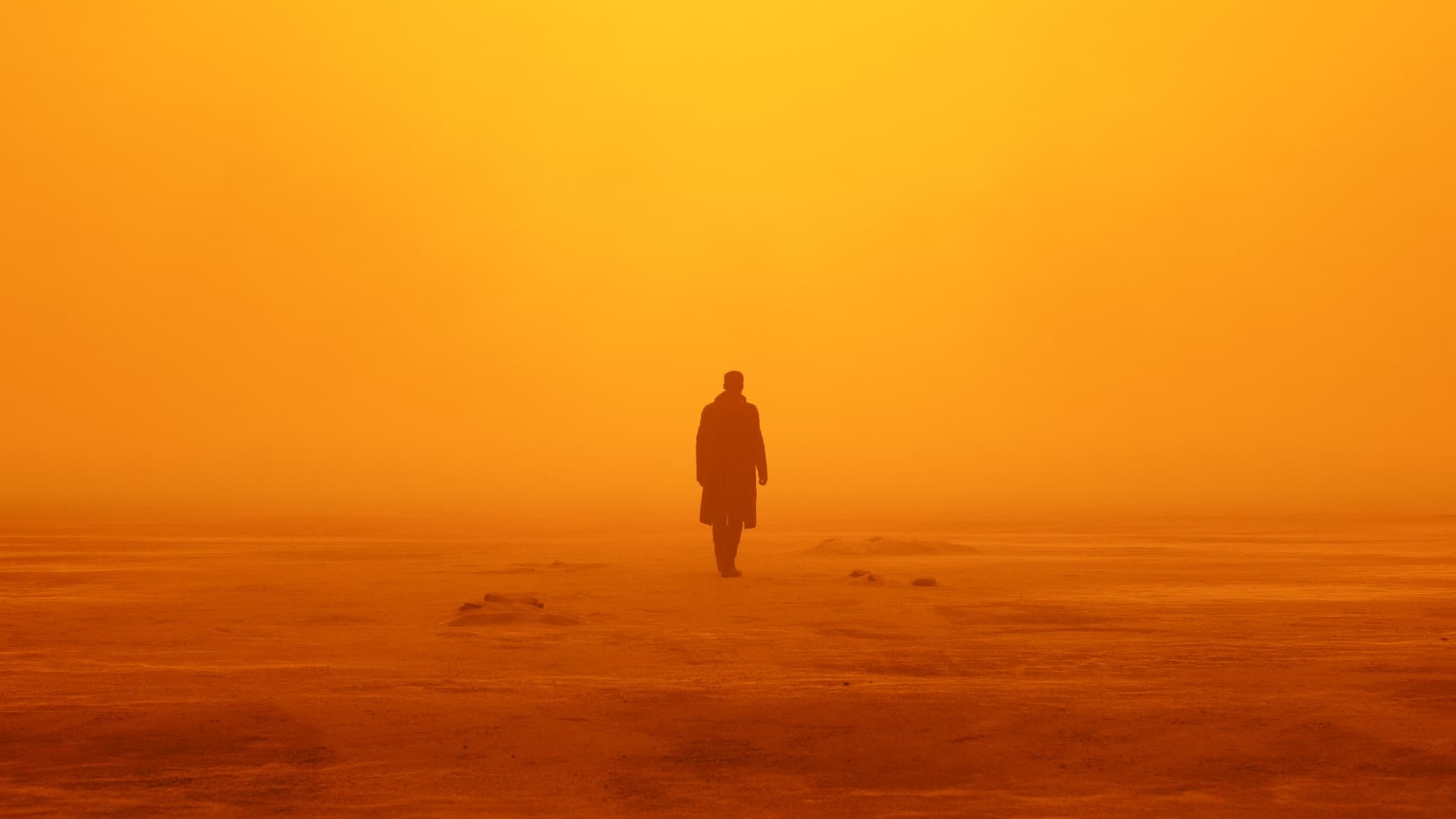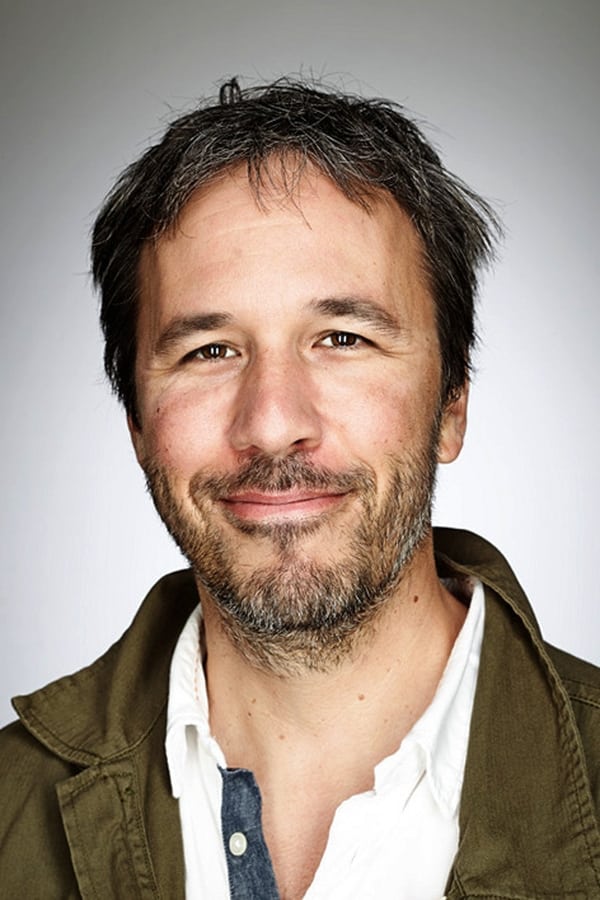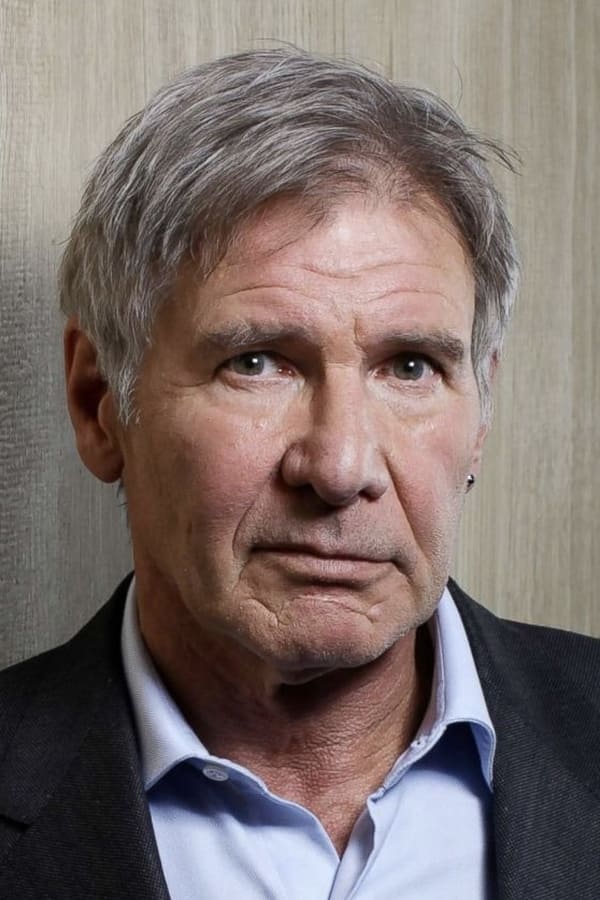Dune, based on the novel of the same name written by Frank Herbert in 1965, depicts a complex story with a lot of similarities to present-day society. It is set in the year 10,191 when human beings have spread throughout the universe. They fight for control over a very special edible resource called “the spice”, thanks to which they can live longer, comb through space, and travel very fast through the universe.
It is impossible to write a review about Villeneuve’s Dune without mentioning David Lynch’s version. After the 1984 premiere, its commercial reception was so negative and the critics so harsh that the master of Missoula disowned the film. The main reason was a very common situation in the art world: producers or patrons usually demand a unique artistic vision, but those visions often have to fit into narrow boundaries. Once changed to fit those confines, the products do not express everything directors originally wanted to tell.
Lynch wrote the script together with Brian Herbert and shot a film eight hours long, reduced to five hours by himself after editing it. The problem was that producer Dino De Laurentiis refused to release the film due to economic matters. For Lynch’s part, he also refused the 137-minute version of the film that was finally released in theaters.
Several troubles can be found in this picture due to the drastic cut it suffered. One of the worst is that the story is so fragmented that it is very difficult to follow. A bunch of characters, planets, and ethnicities are presented at an extremely accelerated pace. At some point, you just miss the point the film is trying to make. You start to see big worms, an incomprehensible romance, and a pointless war depicted in Lynch’s film.


















